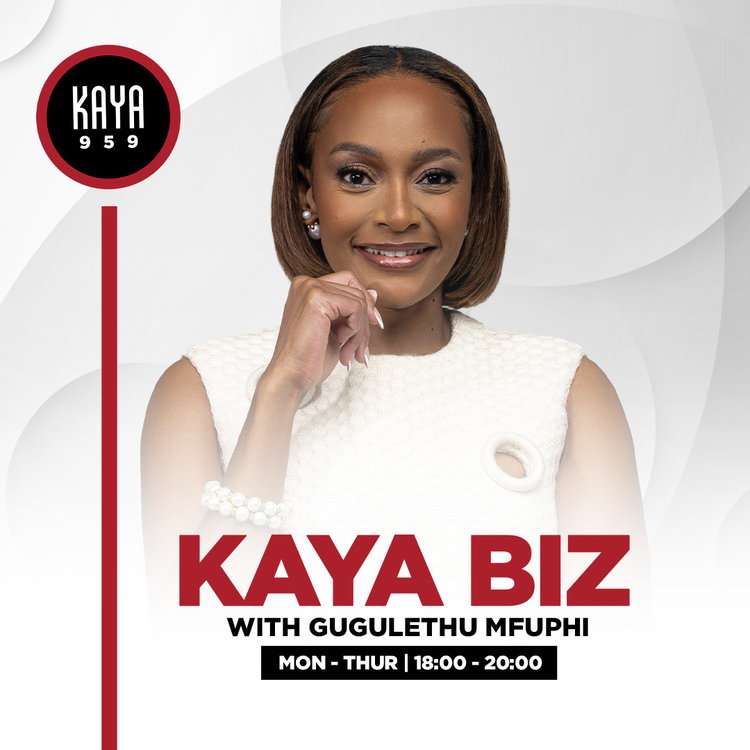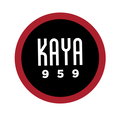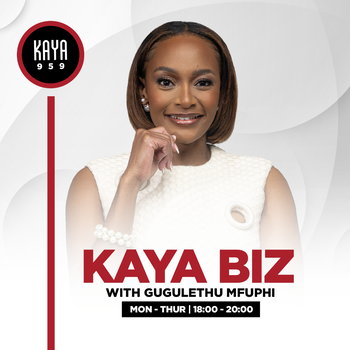
Five things you might not know about SA’s youth consumer class
Loading player...
GUEST – Brandon de Kock - BrandMapp’s Director of Storytelling
Young South Africans between 18 and 37 years, internet-connected and living in households with incomes of R10k+ a month, now make up the majority of the country’s tax paying base. This ‘youth consumer class’, a blend of older Gen Zs and younger Millennials, were born into democracy and are now old enough to carry its weight. Their context is defined not just by Wi-Fi and WhatsApp, but by inequality, hustle culture, loadshedding, resilience, and hope.
While their counterparts in lower income communities are unfortunately still mired in the unending battle for educational and job opportunities, the country’s youth consumer class is largely well-educated or getting there, and 24% of them are already earning R20k per month or more. They are making smart decisions by choosing industries with growth potential, upskilling online, and leveraging digital tools to manage money, build personal brands, and work independently.
Young South Africans between 18 and 37 years, internet-connected and living in households with incomes of R10k+ a month, now make up the majority of the country’s tax paying base. This ‘youth consumer class’, a blend of older Gen Zs and younger Millennials, were born into democracy and are now old enough to carry its weight. Their context is defined not just by Wi-Fi and WhatsApp, but by inequality, hustle culture, loadshedding, resilience, and hope.
While their counterparts in lower income communities are unfortunately still mired in the unending battle for educational and job opportunities, the country’s youth consumer class is largely well-educated or getting there, and 24% of them are already earning R20k per month or more. They are making smart decisions by choosing industries with growth potential, upskilling online, and leveraging digital tools to manage money, build personal brands, and work independently.

